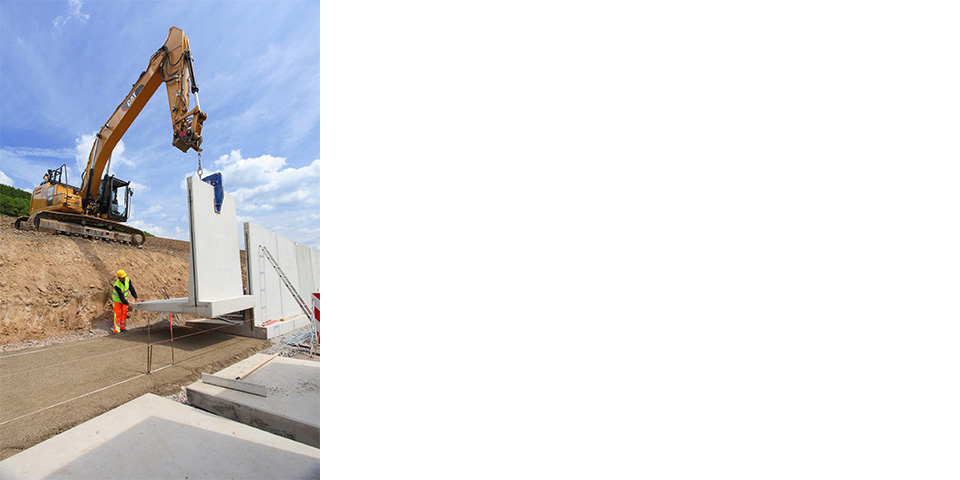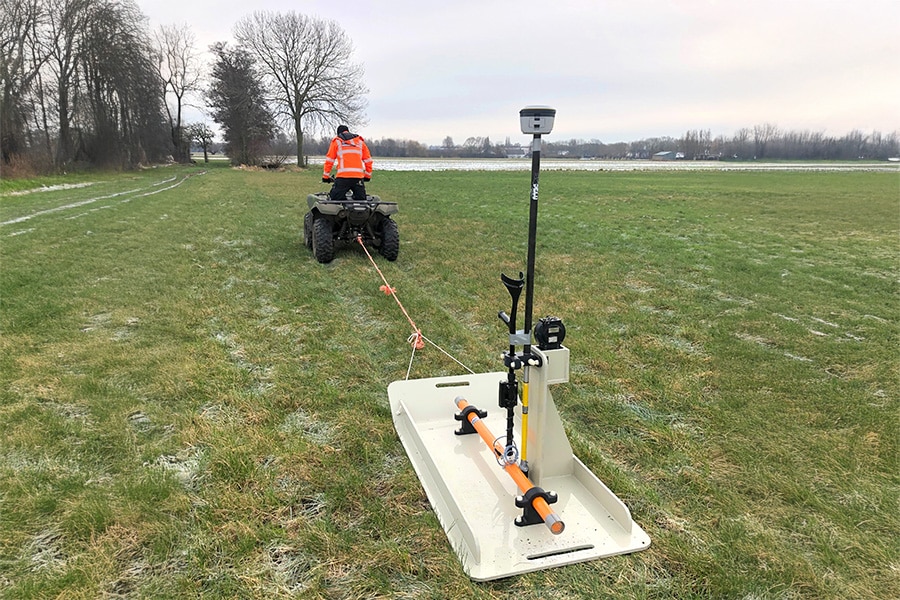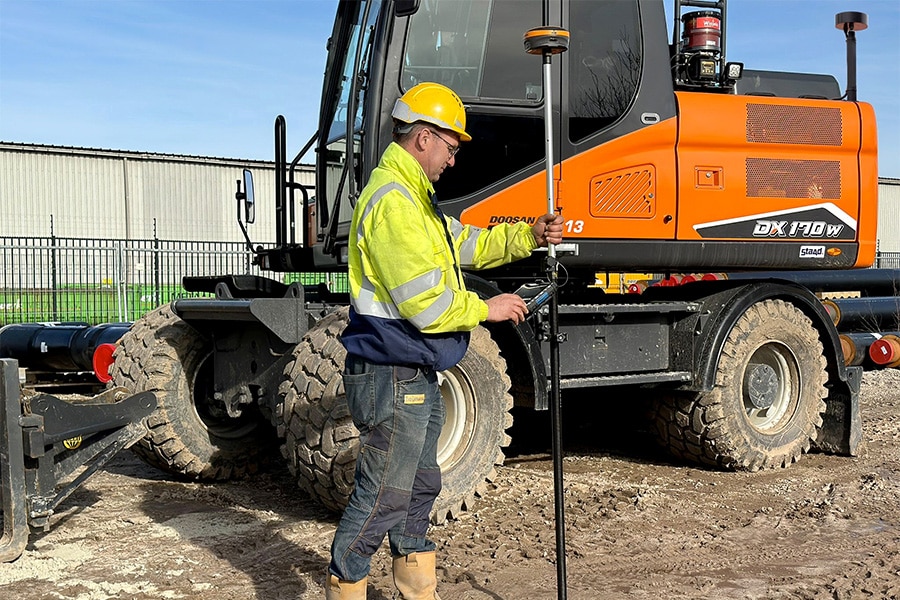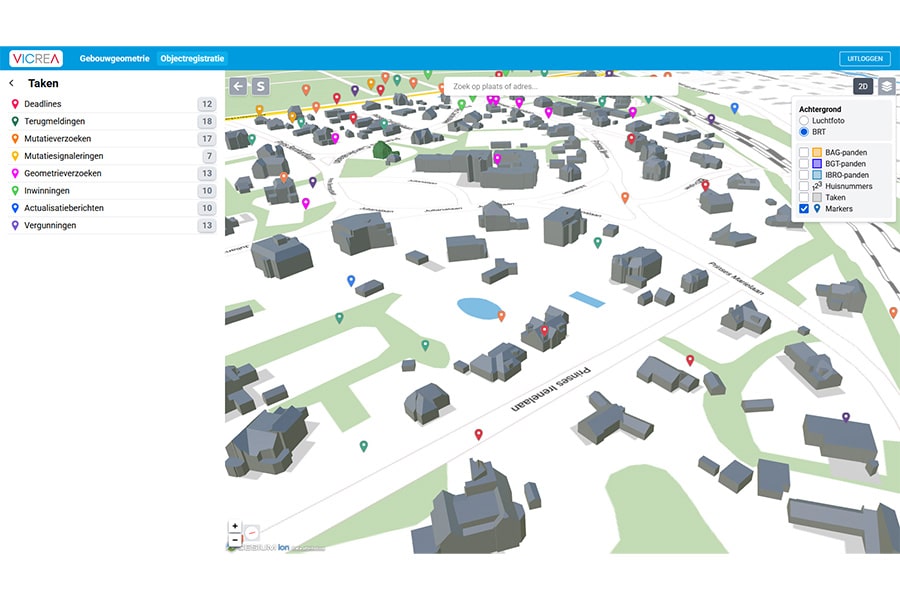
Concrete retaining walls eventually 100% circular
The pursuit of a 100% circular economy presents challenges, especially in the world of concrete. Current standards justify the use of renewable raw materials to as little as 20% when it comes to structural applications. Nevertheless, Bosch Beton has taken an important step with the realization of a completely new plant that will eventually be capable of 100% circular production of retaining walls.
"We see more and more opportunities for making concrete more sustainable, both in composition and in production," begins Brechtje van den Beuken-van den Bosch of Bosch Beton. "Our new concrete plant in Barneveld has been in operation since June 1 of this year and completely grafted on a sustainable process. Unique by Dutch standards." The energy consumption is compensated with more than 18,000 solar panels on the roof, but also the production water is a closed system. This is collected, filtered and reused. The plant is designed Breeam Outstanding. But the retaining wall producer goes one step further.
Breathing Space
To achieve a fully circular process, more is needed. "In this we are also chain-dependent on our suppliers of raw materials and of course the applicable standards," Van den Beuken-van den Bosch rightly states. "Our new factory is already geared up for this, because there are already techniques, for example, to extract raw materials from concrete as pure as possible. However, these are still in their infancy and have yet to innovate themselves. To give ourselves and the industry some more time and avoid loss of energy in shredding, we are committed to reusing our products. With a lifespan of fifty to even one hundred years, a retaining wall, for example, can very easily be given a second life. Using reuse to prevent loss of energy in destruction gives the necessary breathing space to continue working toward a 100% circular system."

Bosch Beton is eventually able to produce retaining walls 100% circularly.
High strength concrete
Being able to give a product a second life at all requires high quality. According to Van den Beuken-van den Bosch, the composition of the product is incredibly important. Bosch Beton therefore prefers high-strength concrete. "Retaining walls in a C60/75 concrete quality have a very fine pore structure and are more resistant to the penetration of acids, frost and de-icing salts. This may be less of an issue in the Netherlands, but it is an important aspect in surrounding countries. The higher the quality, the longer the product lasts. A second advantage of high-strength concrete is that it enables leaner construction up to 40%. The Deutsche Bundesbahn, for example, prescribes a concrete grade of C30/40 with a wall thickness of 25 centimeters to guarantee the intended service life. We manage to guarantee that same service life with a wall only 15 centimeters thick. The initial investment may be higher, but it ultimately yields significant savings."
Geopolymer concrete
In order to eventually achieve a circular economy, Van den Beuken - van den Bosch says, people will have to deal with investments in a different way. "The initial investment should not be leading. Look at it over the long term and grant products a second life. Innovations are going very fast, beautiful developments are taking place. For example, we have high hopes for geopolymer concrete that can eventually replace cement concrete. It will be the biggest breakthrough in the industry, but still requires the necessary efforts, also constructively to be labeled a safe building element. In addition, we expect a shift to custom-made products, producing not only - as we already do - custom-made products for the customer, but possibly also using residual materials from the customer himself. Our new factory is already set up for this. After all, we will have to walk the road to a 100% circular economy together with our clients and contractors."




